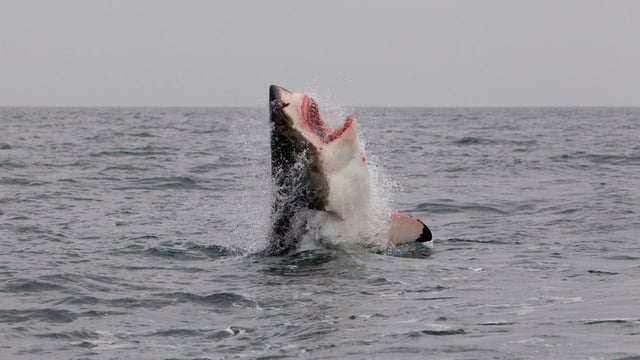Overview
- Great white sharks have not been sighted in False Bay, South Africa, since August 2018, following a dramatic population decline beginning in 2015.
- The loss of these apex predators has caused significant disruptions to the marine food web, including increases in Cape fur seals and sevengill sharks and declines in their prey species.
- The study, conducted by the University of Miami and published in 'Frontiers in Marine Science,' provides robust empirical evidence of the long-term ecological consequences of apex predator loss.
- Researchers identified shark nets and predation by orcas as key drivers behind the disappearance of great white sharks in the region.
- The findings underscore the critical role of sustained ecological monitoring and the urgent need for conservation measures to mitigate biodiversity loss and protect ocean health.
